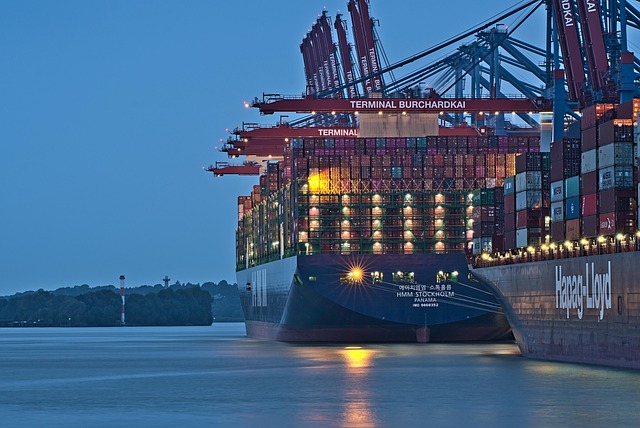
Building a Sustainable Future: The Role of Foundations and Philanthropy in Developing Economies
As the world continues to grapple with the effects of climate change and social inequality, the role of foundations and philanthropy in shaping sustainable development has never been more crucial. Sustainable trade is not just a buzzword; it embodies a commitment to economic practices that consider environmental, social, and economic impacts. Foundations and philanthropic organizations are stepping up as pivotal players in fostering this movement, especially in developing economies.
These organizations bring not just funds but innovative thinking and long-term vision essential for sustainable trade practices. They understand that economic growth cannot come at the expense of the planet or underserved communities. By investing in green technologies and local enterprises, foundations enable communities to thrive sustainably. This approach allows them to foster an economy that prioritizes environmental health and social equity, essential for building resilient societies.
Moreover, philanthropy plays a key role in advocating for policies that support sustainable trade. By funding research, public awareness campaigns, and capacity-building initiatives, foundations can facilitate a shift toward practices that not only protect the environment but also create jobs and stimulate local economies. Collaborating with governmental and non-governmental organizations enhances the effectiveness of these initiatives, resulting in a holistic approach to economic development.
One shining example of this partnership is the support provided to smallholder farmers through sustainable trade initiatives. Foundations are investing in training programs that teach farmers about eco-friendly practices and efficient resource management. This not only improves agricultural productivity but also helps these farmers access international markets, allowing them to benefit from fair trade. As a result, entire communities find new revenue streams that contribute to both their economic and environmental sustainability.
However, the journey toward sustainable trade is not without challenges. Foundations and philanthropic entities must navigate complex socio-economic landscapes, often facing resistance from entrenched interests that favor traditional trade practices. Yet, with perseverance and an unwavering commitment to their mission, they can foster change that resonates far beyond their immediate investments.
As we continue to build a sustainable future, the collaboration between foundations, philanthropy, and communities is vital. It is through these collective efforts that we can create sustainable trade practices that empower individuals, protect our planet, and ensure equitable economic development. By investing wisely and advocating effectively, foundations have the power to not only transform economies but also inspire a new generation to embrace sustainable principles as part of their everyday lives.



